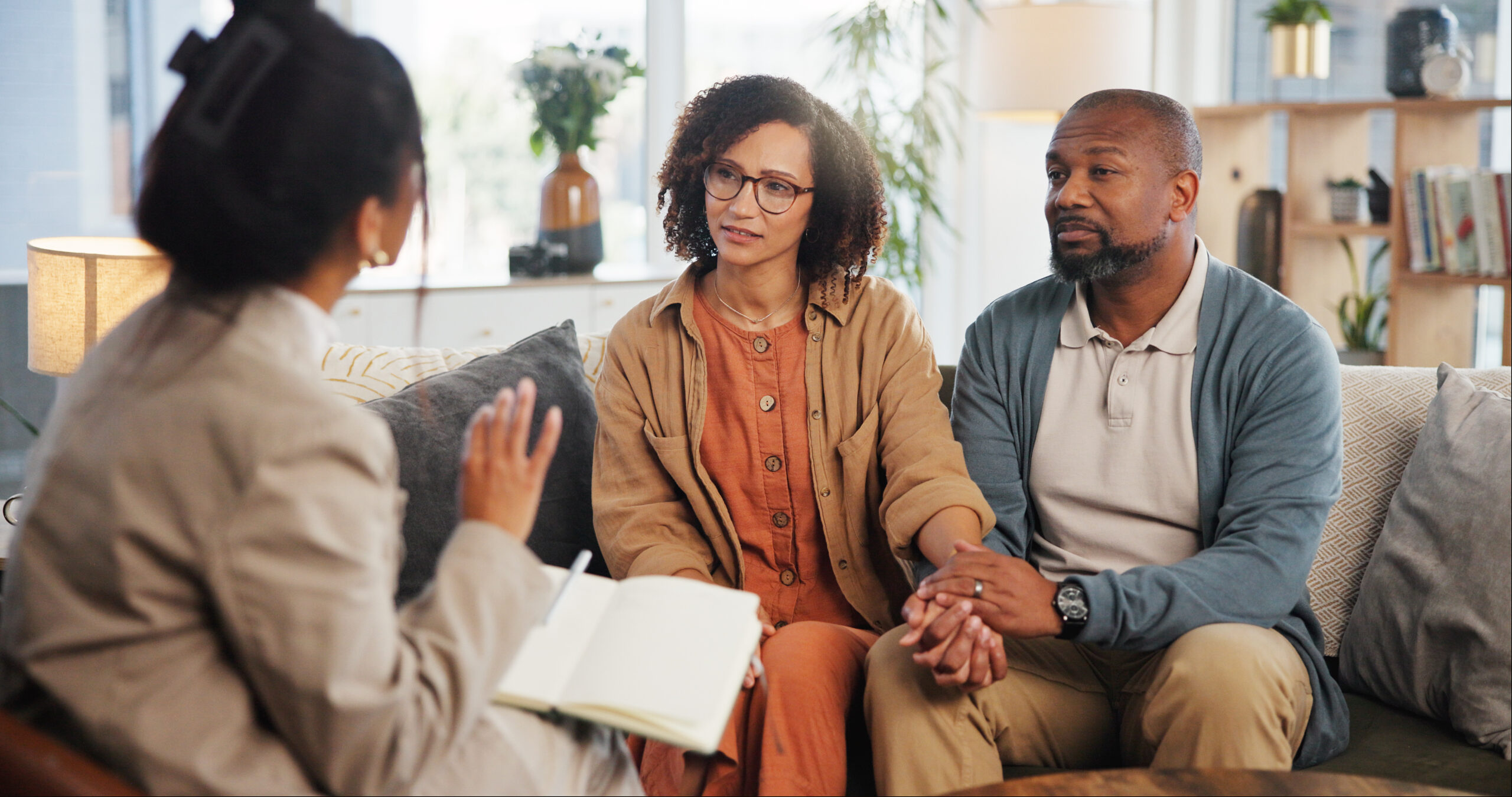No one hands you a roadmap when it comes to the journey of partnership. Relationships can be full of joy, but they’re also a complex mix of vulnerability, compromise, and personal growth. For many couples, therapy becomes the safe space where they can navigate challenges and strengthen their bond. But what exactly should you expect to gain from couples therapy? And how can you carry those lessons into your everyday life with your significant other?
A Safe Space to Communicate
At the heart of couples therapy is communication. Whether you’re struggling with unresolved arguments or simply want to understand each other better, you can expect couples therapy to create a neutral space where both partners can share openly. A trained therapist helps facilitate these conversations, guiding you toward clarity and mutual understanding. For Black women, who often bear the weight of being “strong” in so many areas of life, therapy can provide a crucial opportunity to be vulnerable and heard—without judgment.
How to Apply This Daily:
- Set aside intentional time to talk without distractions, even if it’s just 15 minutes a day.
- Practice active listening: repeat back what you hear your partner say to confirm understanding.
- Use “I” statements (“I feel…” instead of “You never…”) to express your feelings without placing blame.
Identifying and Breaking Patterns
Every relationship has patterns; some healthy, some harmful. Couples therapy helps identify these cycles. For example, are you stuck in a loop of one partner shutting down while the other escalates? Or perhaps you’re dealing with unspoken expectations that lead to disappointment. By shedding light on these patterns, therapy gives you tools to break the cycle.
How to Apply This Daily:
- Reflect on recurring conflicts and ask yourself, “What’s the real issue here?”
- Be proactive about breaking habits that trigger your partner. For example, if you tend to withdraw, try communicating even when it feels uncomfortable.
- Celebrate small wins when you’ve managed to change a negative cycle.
Rebuilding Trust
Trust is foundational in any relationship, but it can be fractured through misunderstandings, betrayals, or neglect. You can expect couples therapy to provide a structured way to address breaches of trust and rebuild that foundation together. This process often includes setting boundaries, defining expectations, and creating accountability.
How to Apply This Daily:
- Follow through on promises, even small ones, to rebuild reliability.
- Check in with each other regularly: “How are we doing?”
- Be honest about your feelings and intentions to prevent future misunderstandings.
Strengthening Emotional Intimacy
Emotional intimacy is about feeling deeply connected and secure with your partner. Couples therapy helps you tap into that vulnerability and strengthen the emotional glue that holds your relationship together. For many Black women, this may also mean unlearning societal pressures to prioritize independence over intimacy.
How to Apply This Daily:
- Share your dreams, fears, and feelings with your partner regularly.
- Practice gratitude: verbally appreciate your partner for both big and small things.
- Make time for activities that bring you closer, like date nights or shared hobbies.
Developing Conflict Resolution Skills
Disagreements are inevitable, but how you handle them makes all the difference. You can expect couples therapy to equip you with tools to navigate conflict without damaging your connection. This might include learning how to de-escalate arguments, compromise effectively, or take a time-out when emotions run high.
How to Apply This Daily:
- Agree on rules for fair fighting, like avoiding name-calling or interrupting.
- Recognize when you need a break to cool down and come back to the discussion.
- Focus on solutions rather than dwelling on problems.
Individual Growth
A surprising benefit of couples therapy is the personal growth it inspires. As you work on your relationship, you’ll also uncover areas for self-improvement. Maybe you’ll realize you need to set better boundaries, communicate your needs more clearly, or let go of past hurts. This growth enriches not only your relationship but also your overall well-being.
How to Apply This Daily:
- Journal your thoughts and emotions to better understand yourself.
- Seek feedback from your partner on how you can grow, and offer the same in return.
- Celebrate progress, both as a couple and as individuals.
When to Consider Couples Therapy
You don’t need to wait for a crisis to try therapy. It can be a proactive step to strengthen your bond, just like going to the gym keeps your body healthy. Whether you’re dating, engaged, or married, therapy is a valuable tool to navigate life’s ups and downs together.
Couples therapy isn’t a magic fix, but it’s a powerful investment in your relationship. The key to making it work is commitment, not just to the sessions but to the daily practice of showing up for each other. With consistency and effort, the tools you gain in therapy can lead to a thriving partnership that stands the test of time.
